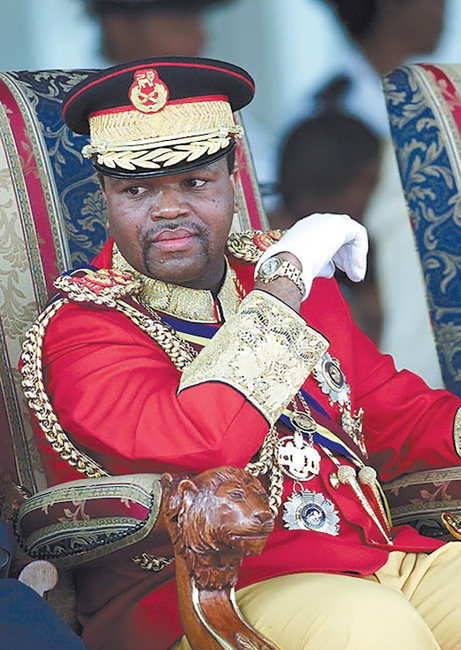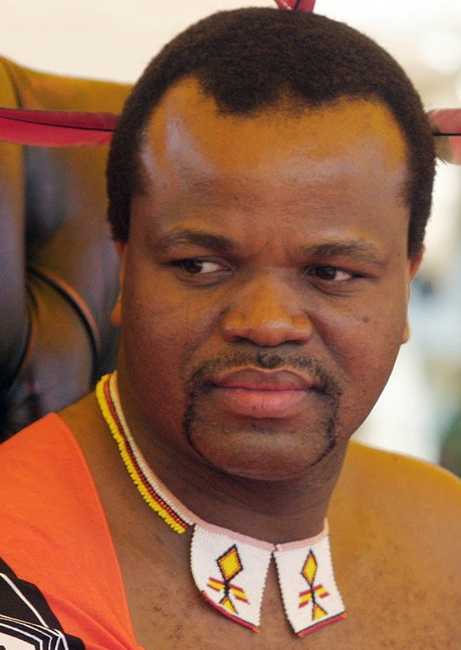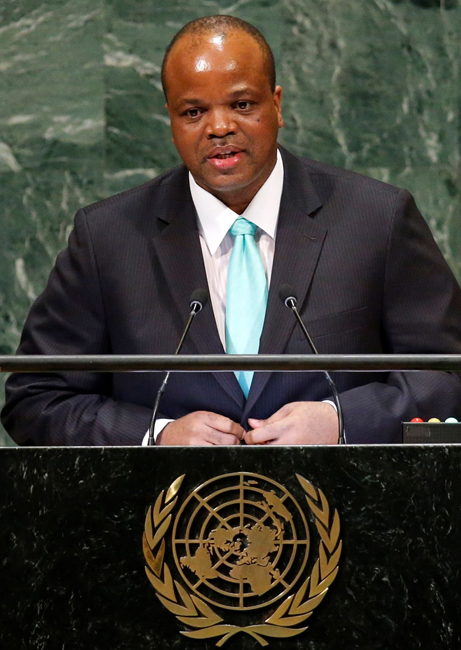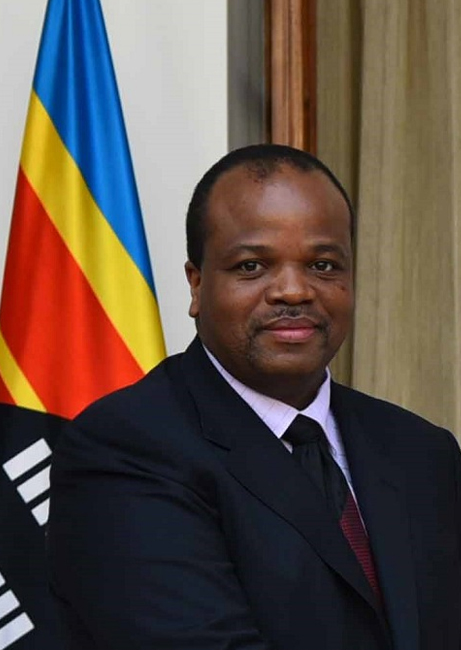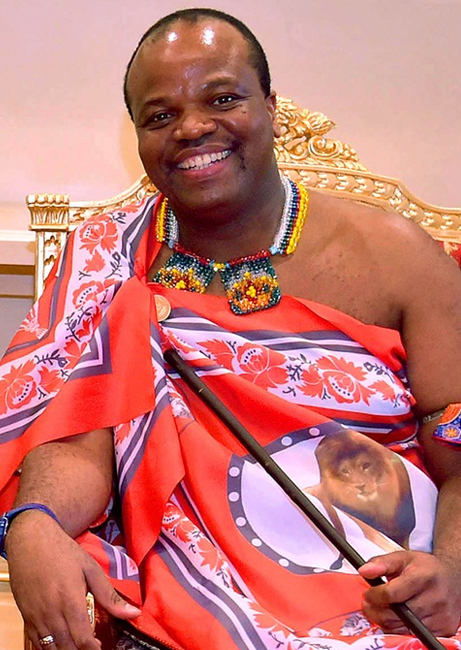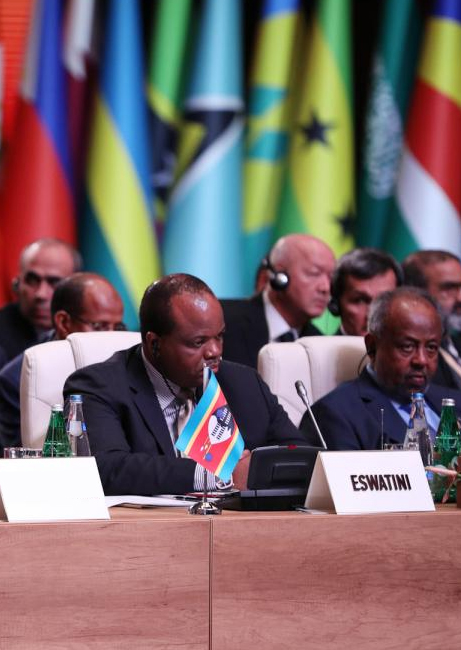About His Majesty King MSWATI III
His Majesty King Mswati III is the current king of eSwatini, a small landlocked country in Southern Africa that was formerly known as Swaziland. He was born as Prince Makhosetive Dlamini on April 19, 1968, in Manzini, eSwatini. His father, King Sobhuza II, was the longest-reigning monarch in the world, having ruled eSwatini for 82 years until his death in 1982.
After his father's death, Prince Makhosetive Dlamini was crowned as King Mswati III at the age of 18 in 1986, becoming the youngest reigning monarch in the world at that time. During his reign, he has maintained a strong hold on political power in the country, which is one of the last absolute monarchies in the world.
In 2018, the king announced that he was changing the name of the country from Swaziland to eSwatini, which means "land of the Swazis" in the Swazi language. The move was criticized
Despite criticism, King Mswati III remains a respected figure in eSwatini and is viewed by many as a symbol of national unity and cultural identity.
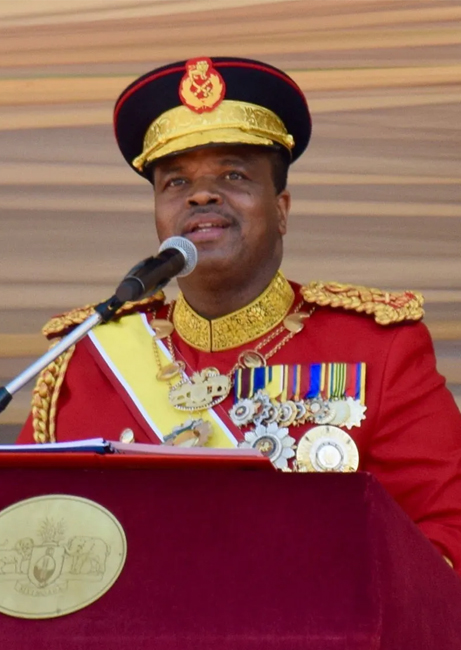
King's Life
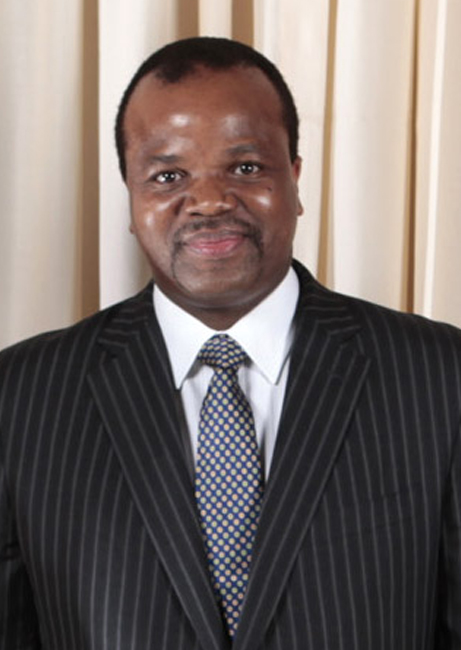
When Makhosetive's father died in 1982, he was 14 years old, and a regency was created to administer Swaziland until Makhosetive could take the kingdom on his 21st birthday. Nevertheless, a power struggle among the royal family resulted in Makhosetive assuming the throne at the age of 18, making him the world's youngest leader at the time. On April 25, 1986, he was crowned. On that day, he assumed the title of King Mswati III and married the first of multiple wives.
Mswati, despite his youth, was swift to secure his control. Within a month after his coronation, he disbanded the Liqoqo, the king's customary advisory council, which had grown to be the most influential entity in the kingdom since his father's death and was therefore seen as a danger. He nominated a new prime minister and reshuffled the government, giving crucial ministries to two of his brothers.
Mswati spent most of his early reign establishing the monarchy. His reign was despotic, corrupt, and excessive. His predilection for a lavish lifestyle for himself and his growing number of wives and children became famed, causing public outrage. Mswati had acquired more than a dozen wives by the time he was 40, and their affluent lifestyles stood in stark contrast to the lives of other Swazis.
Mswati sought to appease concerns for democratic change in 2001 by establishing a commission to create a new constitution. The proposal, which was ultimately issued in 2003, permitted the king to retain full ruling powers while also outlawing opposition parties; it was heavily condemned for its lack of democratic changes. Mswati signed a revised version in 2005 that neither prohibited nor recognised the existence of political parties; it went into force the next year.
